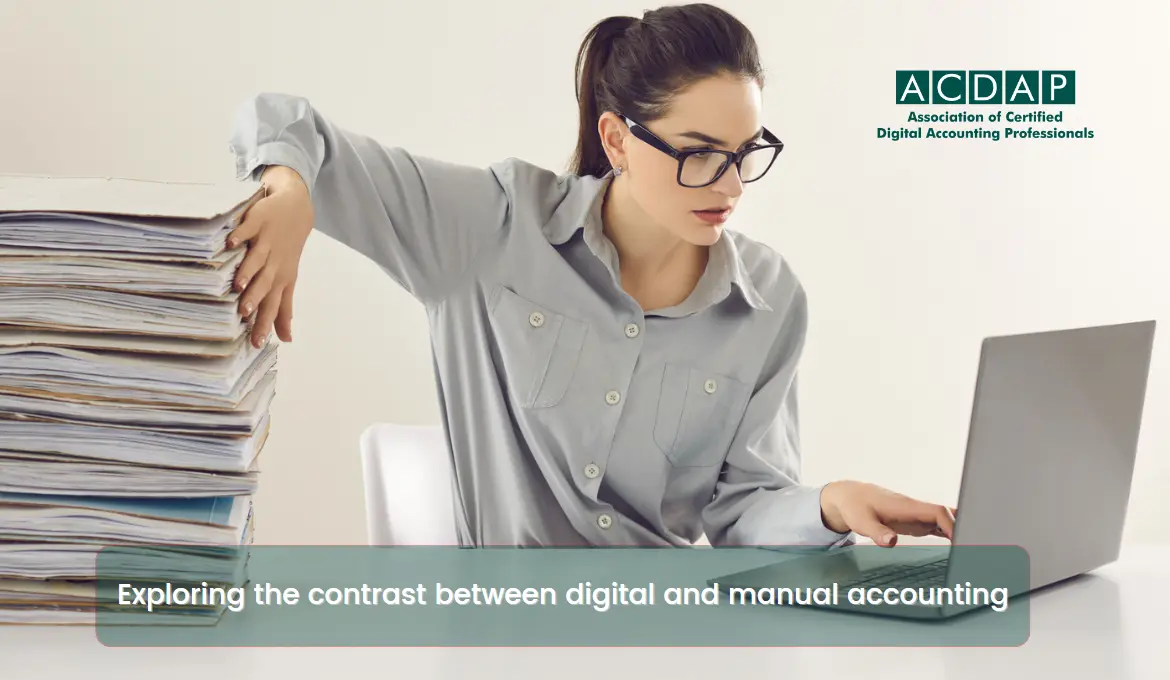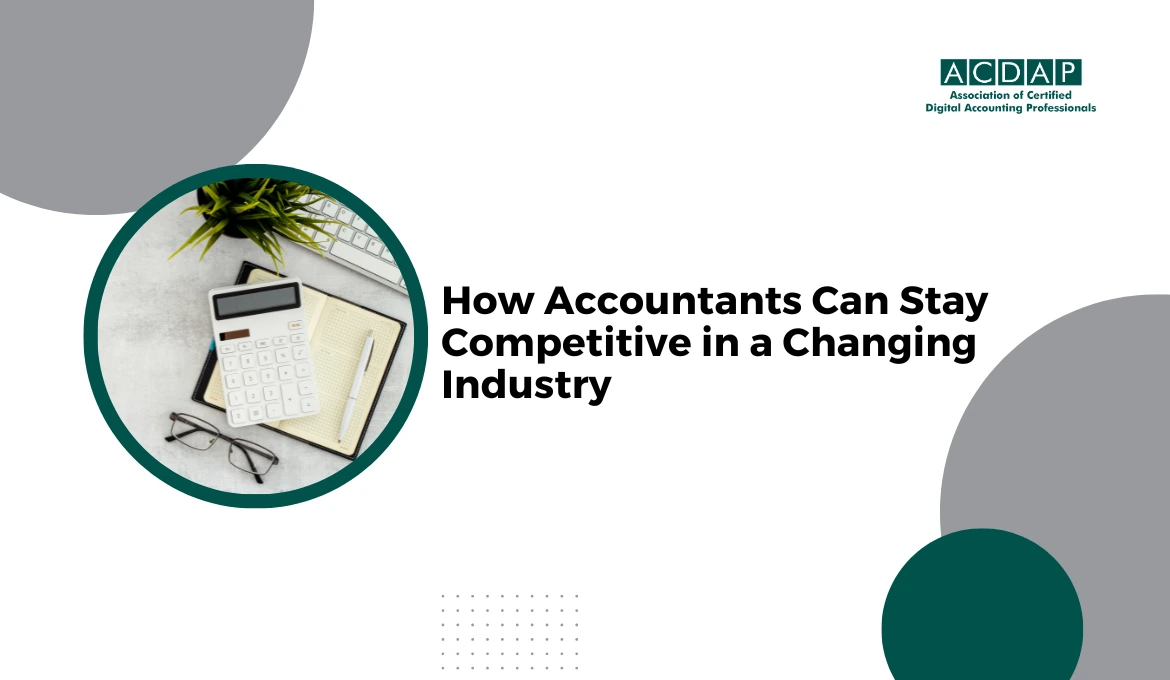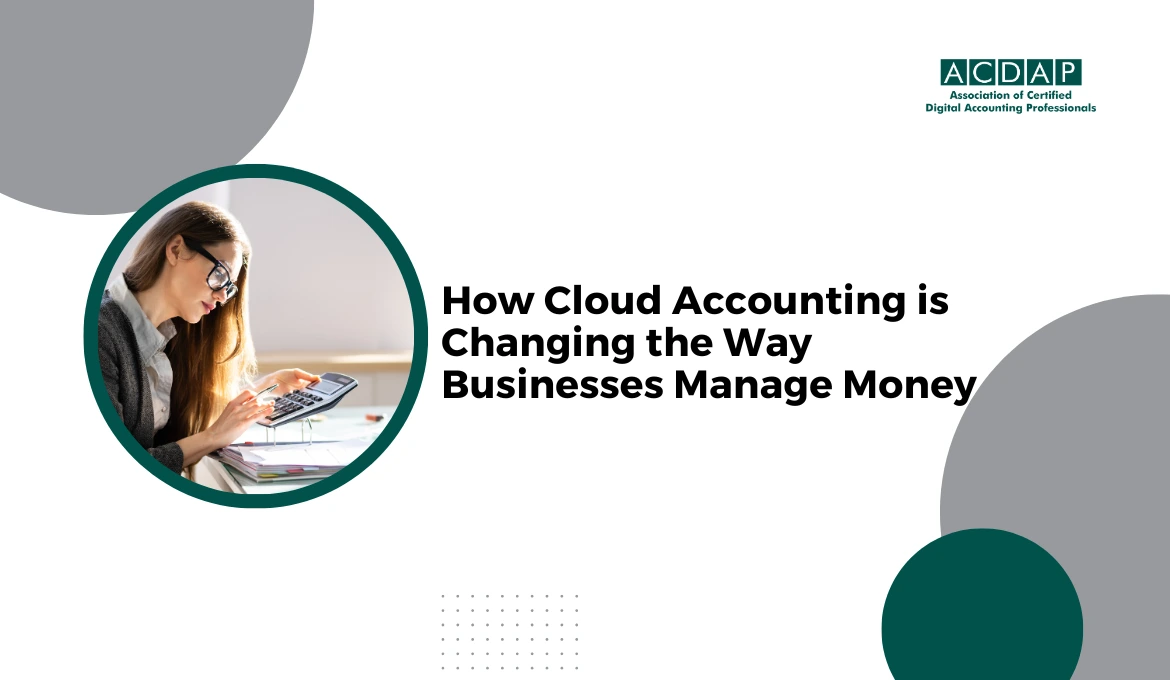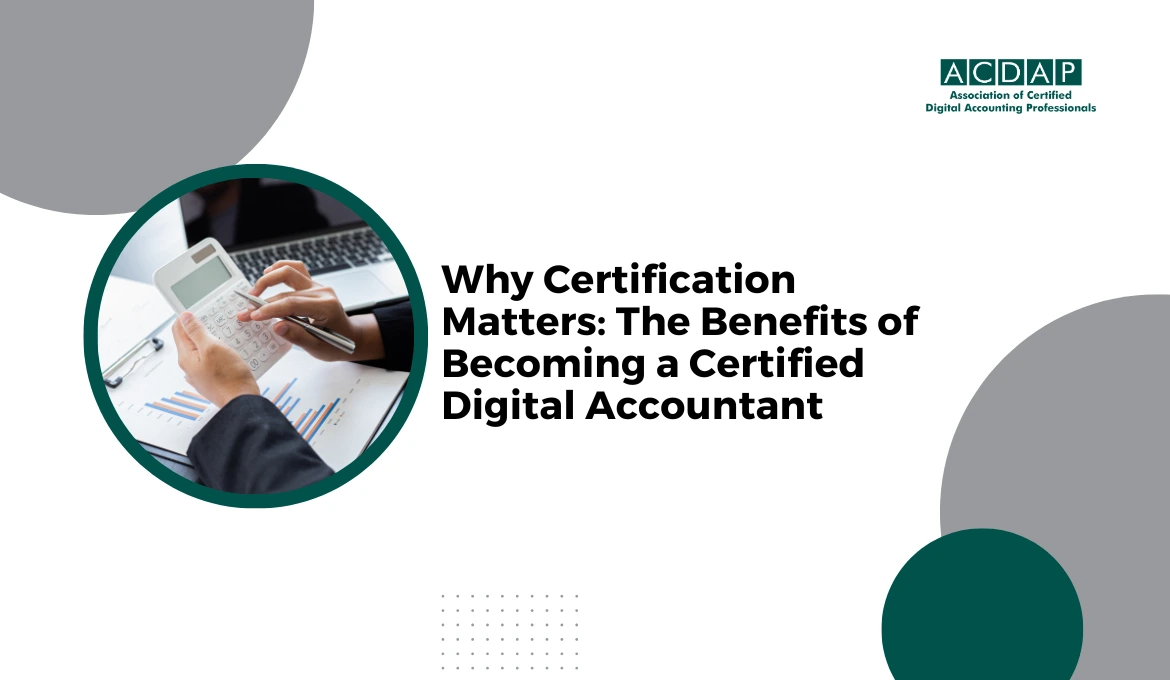The accounting field has significantly transformed in today's fast-paced and technology-driven world. Manual accounting, which relied heavily on physical ledgers and handwritten entries, has gradually given way to digital accounting systems that leverage advanced software and automation.
This blog will delve into the key differences between manual and digital accounting, highlighting their respective advantages, disadvantages, and the impact they have on businesses.
The Basics of Manual Accounting
Manual accounting, or traditional accounting, involves recording financial transactions by hand. Accountants rely on physical ledgers, journals, and paper documents to maintain records. The process requires meticulous attention to detail, as each entry must be recorded accurately and calculations performed manually.
The Rise of Digital Accounting
With the advent of technology, digital accounting has gained immense popularity. Digital accounting employs specialised software and electronic devices to automate and streamline accounting processes. These systems allow for faster data entry, real-time access to financial information, and seamless integration with other business tools.
Efficiency and Accuracy
One of the fundamental contrasts between manual and digital accounting lies in its efficiency and accuracy. Manual accounting processes are time-consuming and prone to human error. Entries can be misinterpreted, calculations can be miscalculated, and manual handling of large volumes of data can lead to inefficiencies.
On the other hand, digital accounting significantly reduces the likelihood of errors and gears up the accounting process. Automated calculations minimise the risk of mistakes, and data can be quickly validated, reconciled, and analysed.
Accessibility and Data Security
Digital accounting offers enhanced accessibility and data security compared to manual accounting. In manual accounting, accessing financial records requires sifting through numerous physical documents. In contrast, digital accounting systems provide centralised databases where data can be accessed instantly, eliminating the need for extensive paperwork.
Additionally, digital accounts can be protected through encryption and access controls, safeguarding sensitive financial information.
Cost Considerations
Regarding cost, manual accounting has lower initial expenses as it relies on basic office supplies and physical storage. However, manual accounting can become costlier over time due to the need for extensive record-keeping, increased labour hours, and the potential for errors that may lead to financial losses.
Digital accounting, although requiring an initial investment in software and training, offers long-term cost savings. Automation reduces labour requirements, minimises errors, and streamlines processes, increasing efficiency and reducing expenses.
Manual accounting requires dedicated personnel, physical record storage space, and additional resources for printing and distributing financial documents. Digital accounting, although it involves an initial investment in software and training, can significantly reduce ongoing costs by automating tasks and reducing the need for physical resources.
Security of the Data
Digital accounting is a distinct advantage over manual accounting regarding security and data protection. In manual accounting, physical records can be vulnerable to loss, damage, or theft. In contrast, digital accounting offers encryption, password protection, and regular data backups to safeguard financial information.
Modern accounting software often adheres to strict security standards, providing additional protection against cyber threats and unauthorised access.
Conclusion
As businesses strive to adapt to the evolving technological landscape, the choice between manual and digital accounting becomes crucial. While manual accounting has its merits, digital accounting offers substantial advantages in efficiency, accuracy, accessibility, data security, and cost savings.
Embracing digital accounting systems can empower businesses to make informed decisions, improve financial management, and drive growth in today's digital age. Nonetheless, the decision ultimately depends on each organisation's specific needs and resources.


























